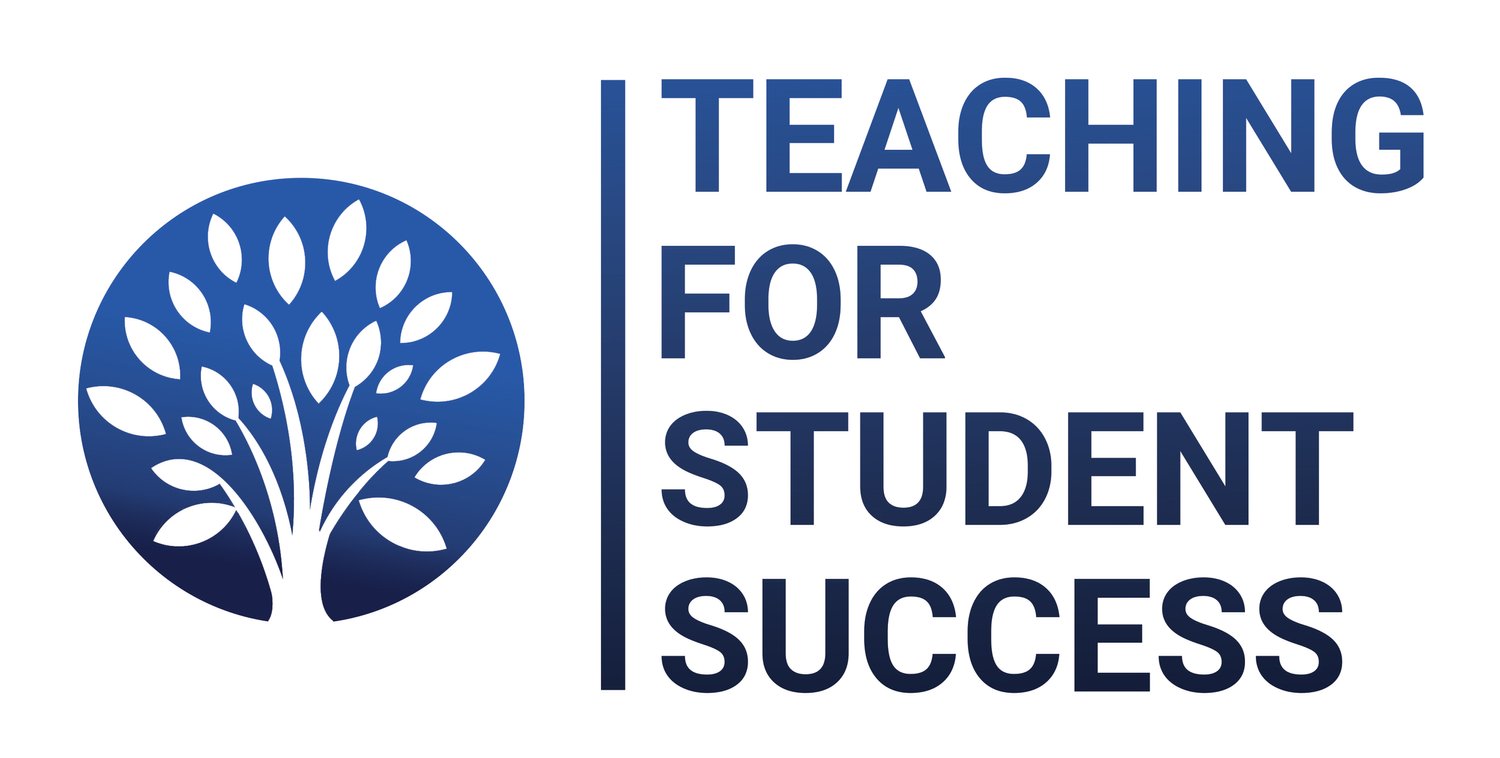Episode 2: Instructor Talk with Kimberly Tanner
Listen to full episode :
Thank you to Howard Hughes Medical Institute BioInteractive for providing these transcripts.
The Spoken Word: How Your Words Impact Your Students
Dr. Kimberly Tanner of San Francisco State University discusses her work documenting and coding the non-content talk that facutly use as they speak to students during class sessions. This work establishes the framework for future studies on the impact of “Instructor Talk” on the performance and attitudes of students.
References
Beyond the Biology: A Systematic Investigation of Noncontent Instructor Talk in an Introductory Biology Course. Seidel, Reggi, Schinske, Burrus, and Tanner CBE—Life Sciences Education Vol. 14, 1–14, Winter 2015. https://doi.org/10.1187/cbe.15-03-0049
Investigating Instructor Talk in Novel Contexts: Widespread Use, Unexpected Categories, and an Emergent Sampling Strategy. Harrison et al. CBE—Life Sciences Education Vol. 18, 1–23, Fall 2019. https://doi.org/10.1187/cbe.18-10-0215
Reading Recommended by Kimberly Tanner
Yosso, T. J. (2005). Whose culture has capital? A critical race theory discussion of community cultural wealth. In Race Ethnicity and Education. https://doi.org/10.1080/1361332052000341006
Arum, R., & Roksa, J. (2011). Academically adrift: Limited learning on college campuses. Chicago: University of Chicago Press.
Cook-Sather, A., Matthews, K. E., Ntem, A., & Leathwick, S. (2018). What we talk about when we talk about Students as Partners. International Journal for Students as Partners, 2(2), 1– 9. https://doi.org/10.15173/ijsap.v2i2.3790
Schinske, J. N., Perkins, H., Snyder, A., & Wyer, M. (2016). Scientist spotlight homework assignments shift students’ stereotypes of scientists and enhance science identity in a diverse introductory science class. CBE Life Sciences Education, 15(3), 1–18. https://doi.org/10.1187/cbe.16-01-0002
Related Websites

